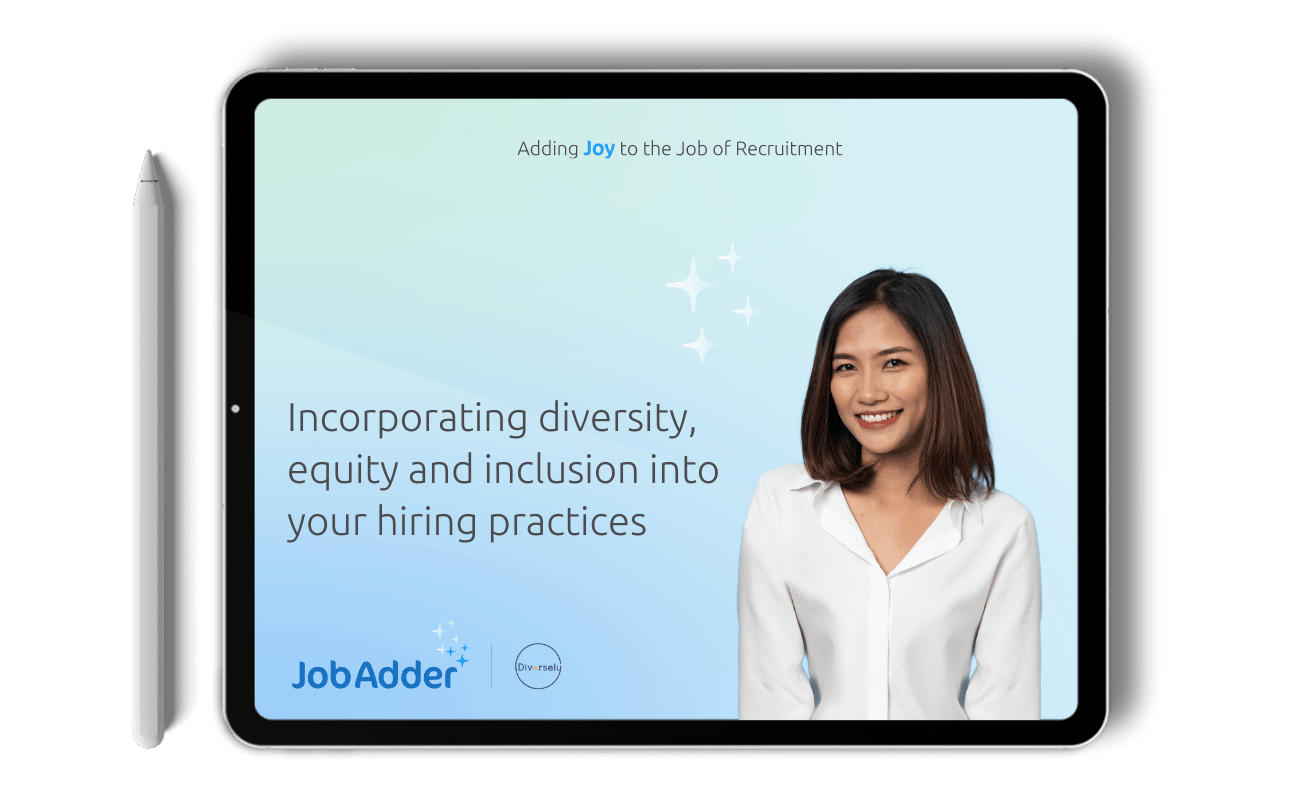Recruitment Blog
Why companies need to invest in mental health support now

It’s clear that mental health support has become an important focus for businesses and employees alike, particularly throughout the COVID-19 crisis and the stresses of ongoing lockdowns.
A recent global survey of 5,500 enterprise workers and small-to-medium business (SMB) owners has shown that “an increasing number of people feel stressed, stretched and burnt out.”
More than a third of surveyed SMB leaders saw employee burnout and attrition due to work pressures during the pandemic.
Recently, Nike closed its corporate office for a week to allow its employees to unwind, destress and recharge, demonstrating how leading companies are prioritising mental health.
Unfortunately, according to an Allianz Australia survey, 69% of Australian employees have not had a discussion with their employers regarding mental health since the start of the pandemic, while 43% of organisations have “not been able to” introduce strategies that could address their staff’s mental health.
It’s R U OK? Day in Australia today, which encourages everyone to check in with the people around them and start a conversation about mental health, so it’s the perfect time for HR professionals and leaders across the globe to take a look at what they’re doing for their staff’s mental health.
Here at JobAdder, we’re celebrating the day and spreading this message throughout our global operations, with our Chief People Officer, Graham Moody, explaining why mental health is more important than ever before.
“Whilst mental health should never be on the backburner, the pandemic, and lockdown in particular, has impacted more people and amplified the severity of mental health issues. These are highly unusual times with isolation, home schooling, the risk of job losses and fear of the coronavirus. We need to recognise that people are in survival mode, not top performance mode.”
“For this reason alone, now is not the time to ignore and carry on as normal. If your team is struggling, piling the pressure on is going to lead to burnout and turnover, adding further pressure to the business and other teammates.”
There’s a clear need to invest in long-term and effective mental health support to ensure employees are cared for and supported, growth and productivity is sustainable and businesses are meeting their duty of care when it comes to their employees’ mental health.
Jason Wardrop, Wellbeing and Safety Advisor at Shine Lawyers, states that a lot of research has been conducted over the past 18 months in relation to mental health and psychosocial issues in the workplace.
“With the majority of mental health issues linked back to the workplace, it is still an obligation of employers to limit the risk of psychosocial injuries and illnesses. At Shine Lawyers, we support our teams through a number of preventative mental health initiatives to assist with both awareness and the balancing of psychological and physical health. With leadership engagement, offering a range of mental health initiatives plays an extremely important role in creating a supportive culture for our people. They also minimise the risk of a psychosocial injury, assist with retention and allow for greater wellbeing.”
More and more employees are placing the onus on companies to provide mental health support and take actionable steps to remove the stigma around mental health in the workplace, as many still fear career consequences or are reluctant to blur the lines between their professional and private lives.
A poll by LinkedIn News Australia revealed that mental health is a common topic around the workplace for 48% of respondents, while 24% never talk about it and 25% only discuss mental health amongst their peers, with the poll amassing 4,445 votes by that point.
Graham states that there are a number of steps that companies can take to encourage discussions around mental health and demonstrate that it’s a priority to them.
“Now more than ever it’s the time to ‘walk the walk’ about how much you value and care for your people. Leaders have a big role to play and by demonstrating vulnerability by sharing their own mental health stories it can help build deeper trust, connection and all-round psychological safety so that people feel OK to ask for help.”
“Companies need to send a clear message that nothing is more important than employee health and wellbeing. Take steps to educate employees and managers about mental health so they are better able to identify when things might not be going well and how to ask for help.”
“Encourage managers and teammates to regularly check-in on how people are feeling, especially during times when we are working remotely. Also, provide access to external professional support so managers don’t feel they need to provide support outside their expertise.”
With the coronavirus crisis continuing across the globe, companies will need to step up and invest in effective mental health support that can help employees both now and beyond the pandemic.
Want to improve diversity in your recruitment? Access our free eBook with Diversely now.

Related blog posts

By Nina Mapson Bone Recruitment KPIs In over a quarter of a century of working in recruitment, I’ve worked in …
Ready to get started?
Talk to one of our friendly team members


